Outer Continental Shelf sand will protect infrastructure, restore dunes and habitat
The U.S. Bureau of Ocean Energy Management (BOEM) and Naval Air Station Oceana at Dam Neck, Virginia, expect to begin a shore protection project at the Dam Neck annex within the next month.
Sand from the U.S. Outer Continental Shelf (OCS), to be used for this project, will enhance coastal resilience by protecting shoreline infrastructure. In addition, the project will restore shorebird and sea turtle nesting habitat and improve the recreational beach in this Virginia Beach community.
“BOEM recognizes the important defense mission NAS Oceana carries out for the nation, and is pleased to contribute to the protection of its valuable assets with sand from federal waters,” said BOEM Director Abigail Ross Hopper. “Other benefits include maintaining coastal resilience, protecting the environment, and enabling the regional economy.”
Dredging by Navy contractor Great Lakes Dredge & Dock will take place from the Sandbridge Shoal about three miles offshore to stabilize and restore the Dam Neck Annex oceanfront and dune system. The entire project area is about two miles long. Within that area, the sand dune runs about one mile, is 20 feet high and 50 feet wide. As the federal agency authorized to lease sand from the OCS, BOEM executed an agreement with the Navy for use of up to 700,000 cubic yards of OCS sand for the project. This is the third reconstruction cycle for Dam Neck. Initial construction of the beach occurred in 1996, and maintenance construction occurred during 2004.
Dam Neck is located on the Atlantic coast, five miles south of the downtown resort of Virginia Beach. The base is the home of specialized training and support services in response to fleet requirements, with a concentration on major naval weapons systems.
The project will comply with all applicable environmental, historic preservation and coastal zone management laws to avoid and protect environmental or historical resources or the Navy will take steps to mitigate impacts to those resources. If any unanticipated discovery takes place, such as paleo-cultural or marine archaeological sites or munitions and explosives of concern, BOEM and the Navy will determine together how best to manage it, in accordance with applicable requirements.
BOEM said it has the authority to convey, on a noncompetitive basis, the rights to resources for shore, beach or wetland restoration projects, or for use in construction projects funded in whole or part, or authorized by the federal government. In exercising this authority, BOEM may issue a negotiated non-competitive lease agreement for the use of Outer Continental Shelf (OCS) sand to a qualifying entity.

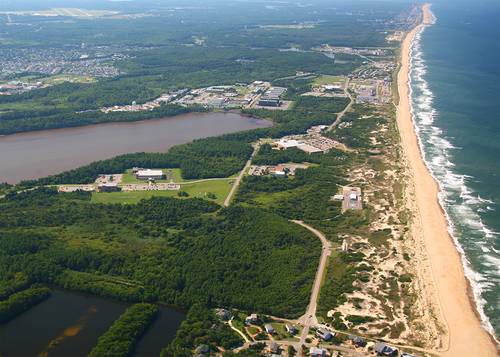
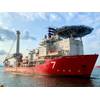

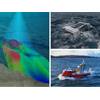
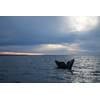
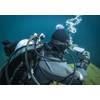
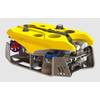







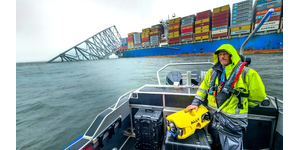
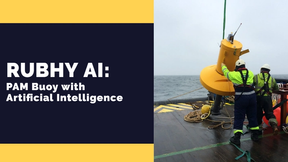
 February 2024
February 2024



